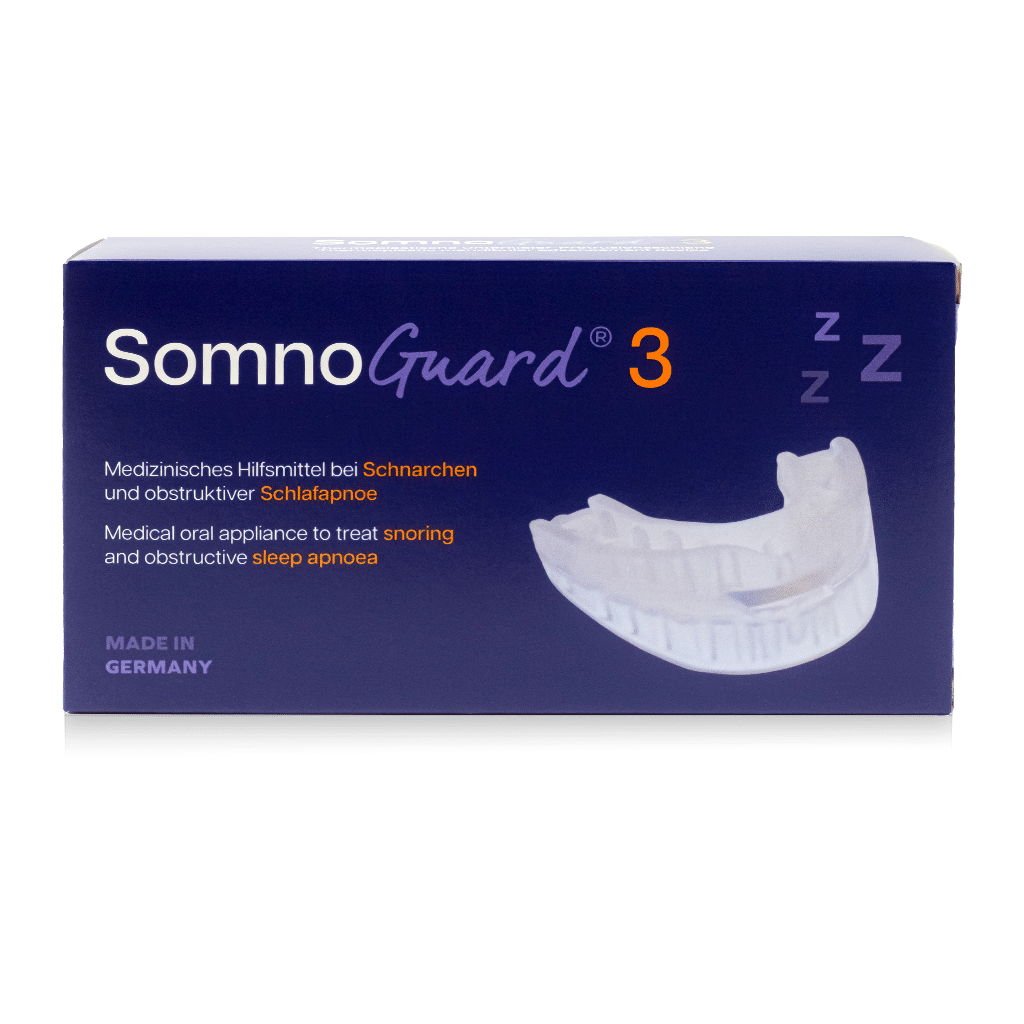There are many similarities between normal sleep and the state of anaesthesia, and this explains why many of the problems that occur during sleep may also occur during anaesthesia and present risks to the patient. Most of these risks relate to those sleep disorders that affect breathing.
The intrinsic sleep disorders such as narcolepsy or sleep terrors are much less likely to cause concern. To appreciate why these difficulties occur it is helpful to understand what anaesthesia is, and how it affects people. I will aim to cover some of the important areas in this article.
The effects of anaesthesia cannot be divorced from the affect of the surgery being performed. The physical stress of extensive surgery alters the pattern of sleep for many days after operations. The impact of an operation and anaesthesia on patients with sleep problems can last for up to a week post-operatively.
What is anaesthesia?
Anaesthetists use many potent drugs to prevent the pain and stress of surgery from harming their patients, and will often take over the body’s normal control of breathing, circulation and pain sensation. They use highly sophisticated monitoring equipment to ensure that any hazardous effect of surgery, or deterioration in the patient’s condition, is rapidly identified and corrected before harm can occur.








